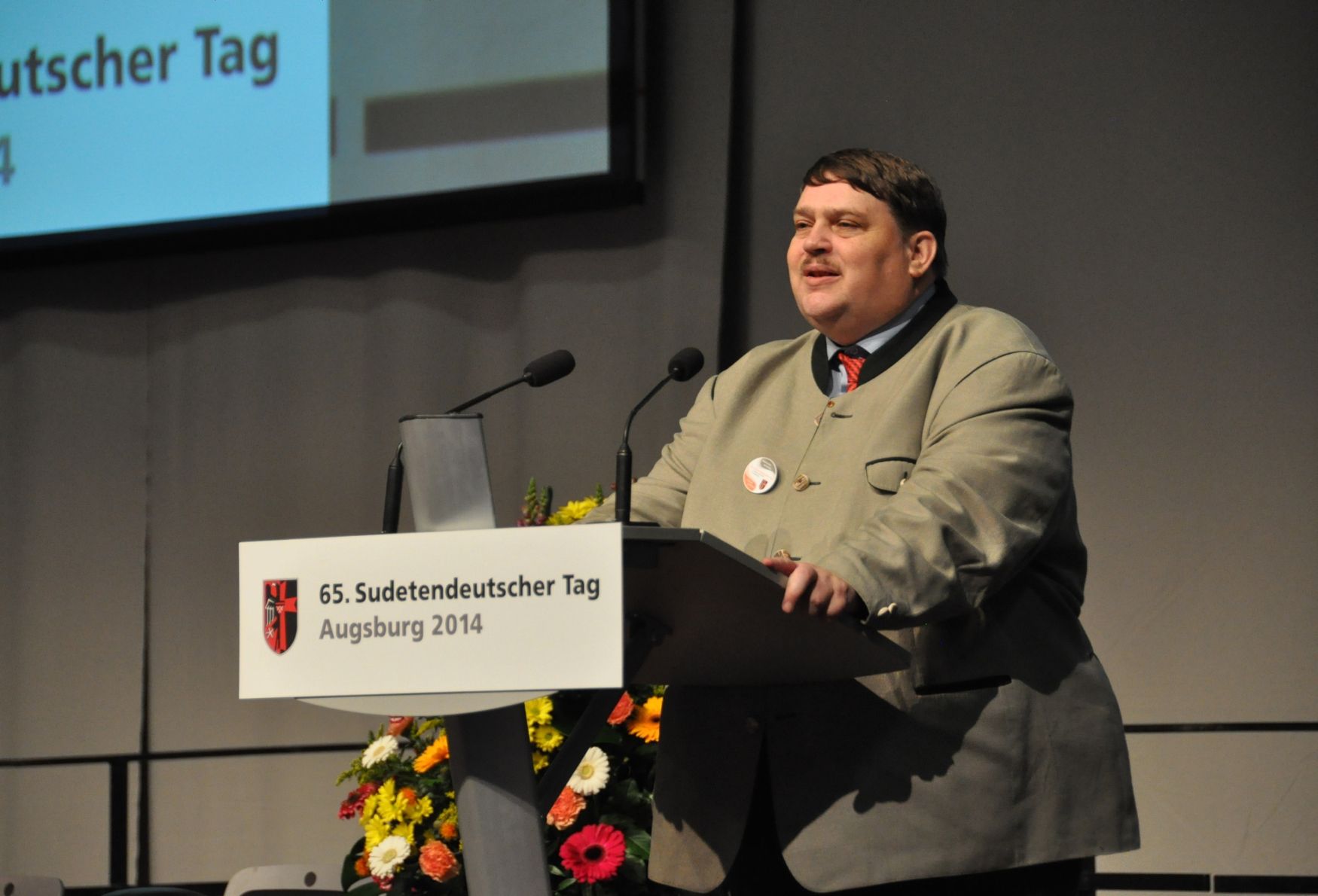According to the highest representative of Sudeten Germany, the decree revived the spirit of nationalism that led to the outbreak of the two world wars.
Augsburg – Beneš’s decision to be included in the dustbin of history and his continued existence only weighs on the joint future of the Czechs and Germans.
Bernd Posselt, the highest representative of Sudeten Germany, said this in his speech on the last day of the 65th Sudeten German congress in Augsburg. According to him, this decree revived the spirit of nationalism which led to the outbreak of the two world wars.
Czech Prime Minister Bohuslav Sobotka already on Saturday, in reference to a speech to the Augsburg Congress, he said that his government saw no reason to question the decision.
The Czech Republic must be freed from this terrible burden. In the interest of all of us, the Beneš decree ends up in the dustbin of history.
Bernd Posselt
The decree of Czechoslovak President Edvard Beneš, according to which Sudeten Germans lost their nationality and property in Czechoslovakia after the Second World War and then transferred in accordance with international agreements, has also been a major target of criticism by members of the Czechoslovak Republic. of the former German minority in Czechoslovakia at their annual congress.
Unnecessary shadows
“The Czech Republic must get rid of this terrible burden,” said Posselt. According to him, Czech and German they work well together at European Union and Beneš’s decisions are a shadow of the futility of this cooperation. “It is in all of our interests that this decree ends up in the dustbin of history,” Posselt stressed, adding that it need not revive the fervor of nationalism that led to Europe’s two devastating wars in the 20th century.
Naturally, the Czech government saw no reason to question Beneš’ decision and to open up the matter. There is no reason for the past to complicate our current good relations with Germany and Bavaria.
Bohuslav Sobotka
“The First World War had many causes, but the main one was a disease of humanity called nationalism, which made people enemies of each other,” said Posselt. “After the Second World War, the search for peace in Europe was stopped, and only because of that, the criminal Adolf Hitler was able to revive the nationalist theme and start the Second World War,” added a spokesman for the main German expatriate association Sudeten.
“The (Czech) government naturally sees no reason to question Beneš’s decision and to open up the issue,” Prime Minister Sobotka told CTK on Saturday.
In his opinion, the relationship with the past is collectively and openly defined in the Czech-German declaration. “There is no reason for the past to complicate our current good relations with Germany and Bavaria,” the prime minister added.
It would still be against the law
Bavarian Prime Minister Horst Seehofer also returned to the topic of the postwar deportation of Sudeten Germany in his speech today. “The expulsions were unjust, unjust and will remain unjust,” he said. In his opinion, reconciliation needed to be reached between Czech and Sudeten Germans, but that would not be possible without calling things by their proper names. “Reconciliation and truth are siblings, the two must go hand in hand,” stressed the Bavarian prime minister.
Seehofer also said that the Bavarian government intends to declare a day of remembrance for the victims of expulsion and deportation, which will be observed annually on September 14 in Germany’s most populous state. The Seehofer Christian Social Union (CSU) is promoting a similar anniversary declaration at the German level as well, and pushing demands into Chancellor Angela Merkel’s current coalition deal.

“Tv nerd. Passionate food specialist. Travel practitioner. Web guru. Hardcore zombieaholic. Unapologetic music fanatic.”







